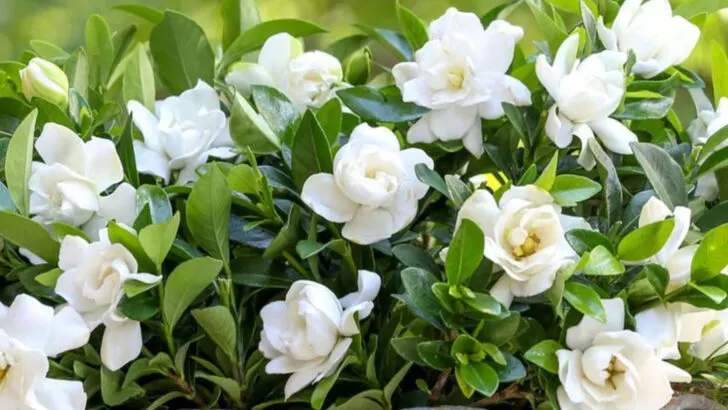Some days, you don’t need a garden. You need a sanctuary. A place that hushes the noise, slows the clock, and wraps you in the kind of peace that can’t be scrolled. This isn’t about rows and yields. It’s about soft leaves that beg to be touched. Fragrance that catches your breath. Color that whispers, not shouts. These 10 plants aren’t just beautiful—they’re balm. For tired minds. For restless hands. For anyone craving stillness in the swirl of summer. Step into June with a garden that feels like a deep exhale. Start with these.
Lavender
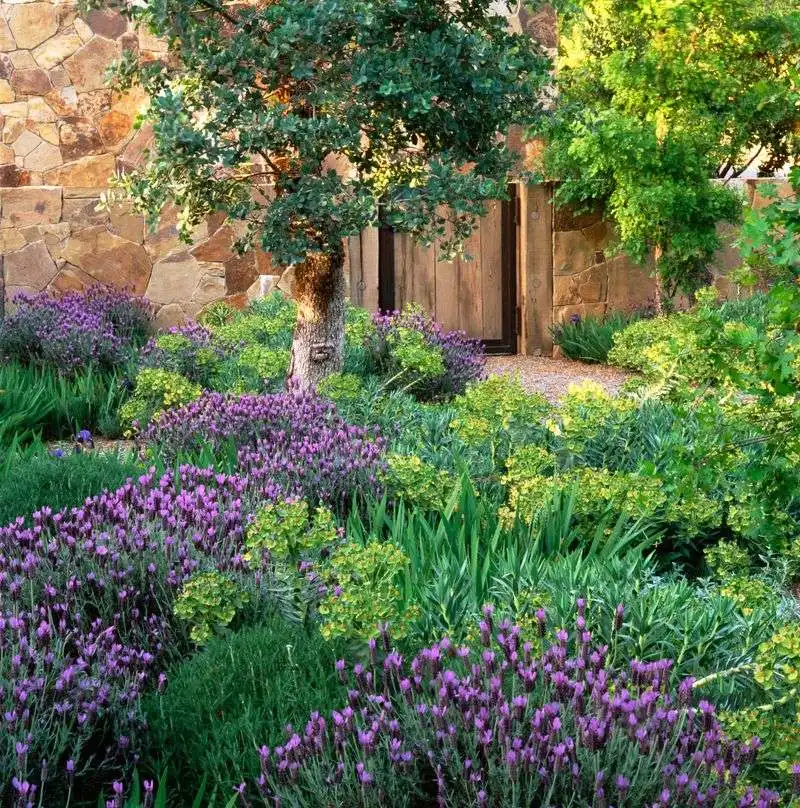
Lavender is more than a pretty plant; it’s a symbol of peace and tranquility. Picture a sunlit day, the air filled with the sweet, calming aroma of lavender. This plant is a sensory delight, with its silvery green leaves and vibrant purple flowers. Lavender’s fragrance is known to reduce stress and anxiety, making it a perfect addition to any calming garden.
The texture of its leaves is soft, inviting touch. Growing lavender near a path allows you to brush past and release its soothing scent. Its resilience to drought makes it a practical yet beautiful garden choice.
Chamomile
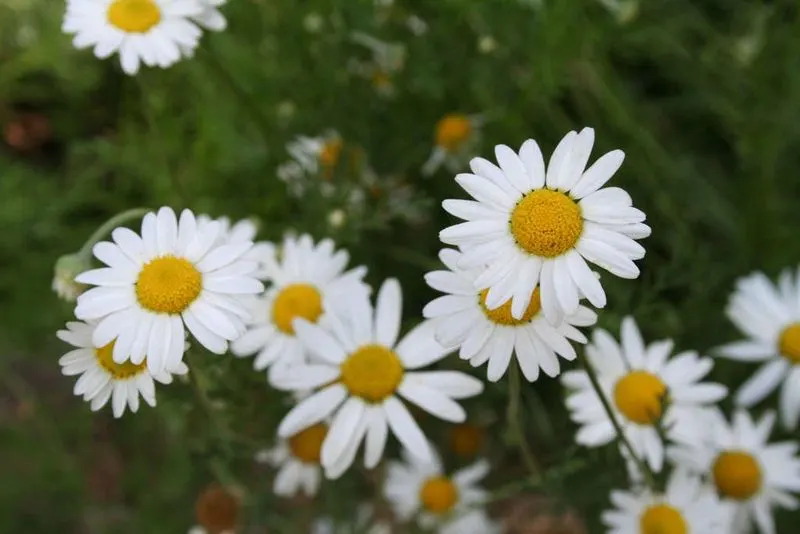
Chamomile is like a gentle whisper in the garden. Known for its calming effects, chamomile’s daisy-like flowers bring a touch of sunshine to any space. Brewed as a tea, it’s a traditional remedy for sleep and relaxation.
The soft, feathery leaves invite you to run your fingers through them, offering a tactile experience that soothes the mind. In the evening, when the air cools, chamomile releases its sweet, apple-like scent, enhancing its calming aura. Place it in well-drained soil and enjoy its easygoing nature as it flourishes with minimal care.
Rosemary
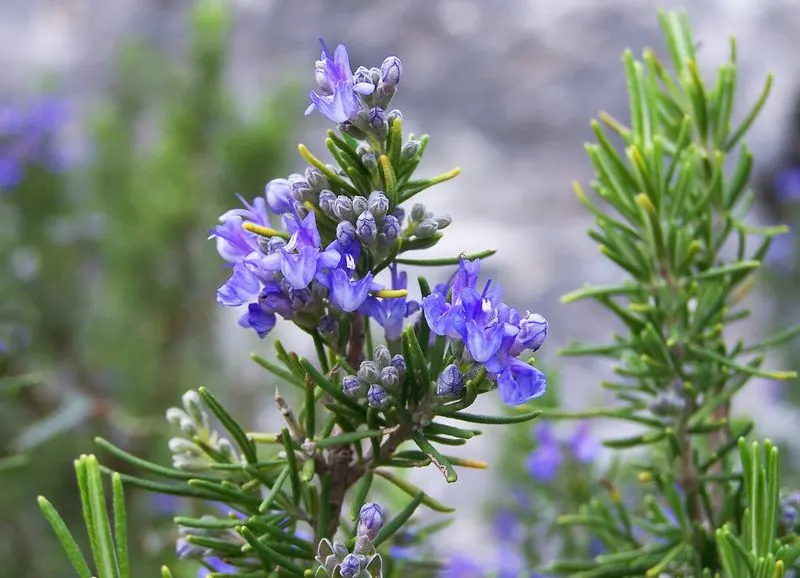
Rosemary, with its robust and invigorating aroma, is a plant full of character. It’s more than just an herb for your kitchen; rosemary’s scent can invigorate your senses and clear your mind.
Its needle-like leaves are firm yet gentle to the touch, offering a sensory experience that engages both smell and touch. As you brush against it, the fragrance becomes more pronounced. Rosemary thrives in well-lit areas, making it a bright and uplifting addition to your garden. This plant’s resilience and aromatic qualities make it an essential sensory component.
Lemon Balm
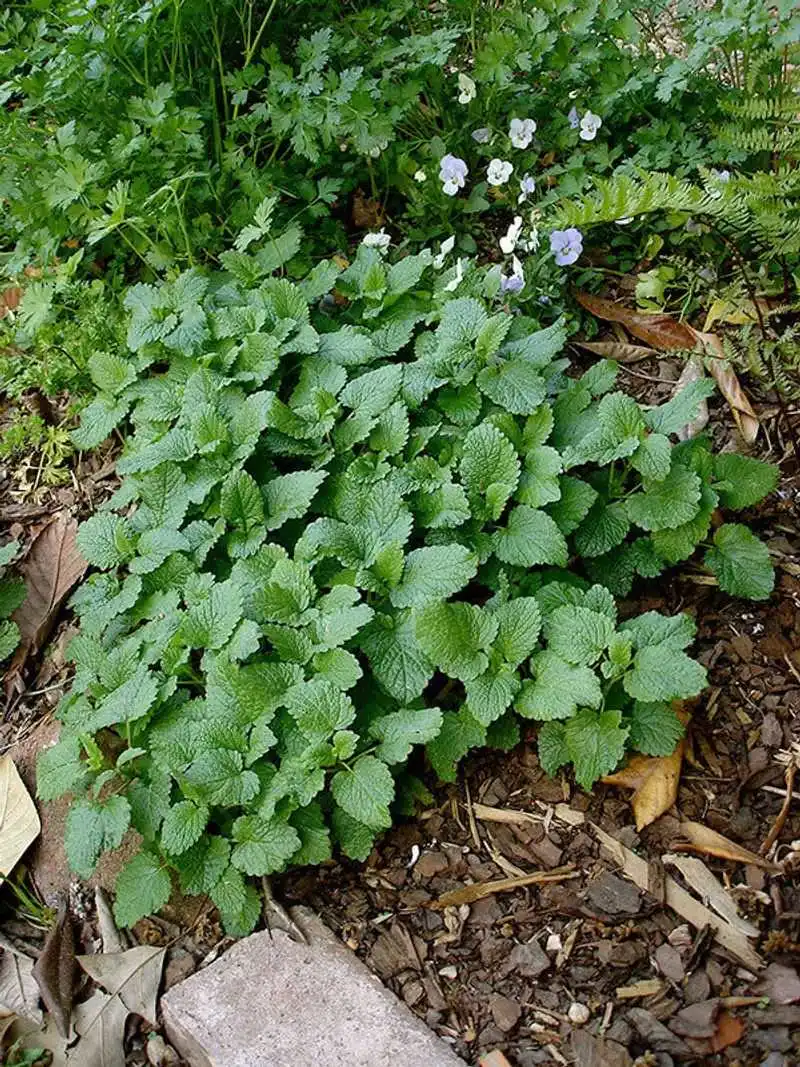
Lemon Balm, with its fresh and citrusy aroma, adds a zestful touch to your garden. Its leaves are soft and inviting, perfect for a gentle caress. As you rub them, a refreshing lemon scent fills the air, invigorating your senses.
This plant not only smells delightful but also serves as a natural mood booster, known to alleviate stress and anxiety. Lemon Balm flourishes in partial shade and well-drained soil. Its cheerful presence and easy maintenance make it a garden favorite, ideal for creating a sensory escape.
Mint
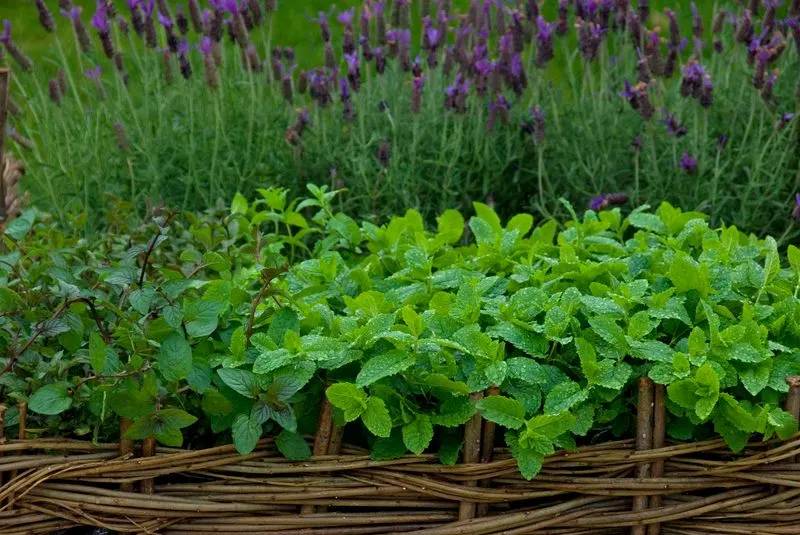
Mint is the garden’s vibrant energy, offering a refreshing escape with its unmistakable scent. Its bright green leaves are soft to the touch, releasing a cool, minty fragrance when handled. This plant is not just a treat for the senses but also a versatile companion for culinary creations.
Planted in a container, mint thrives and spreads generously, making it a lively addition to your sensory garden. Its invigorating presence can lift spirits, providing a fresh burst of energy. Enjoy mint’s zestfulness as it dances in the breeze, bringing a touch of joy to your oasis.
Jasmine
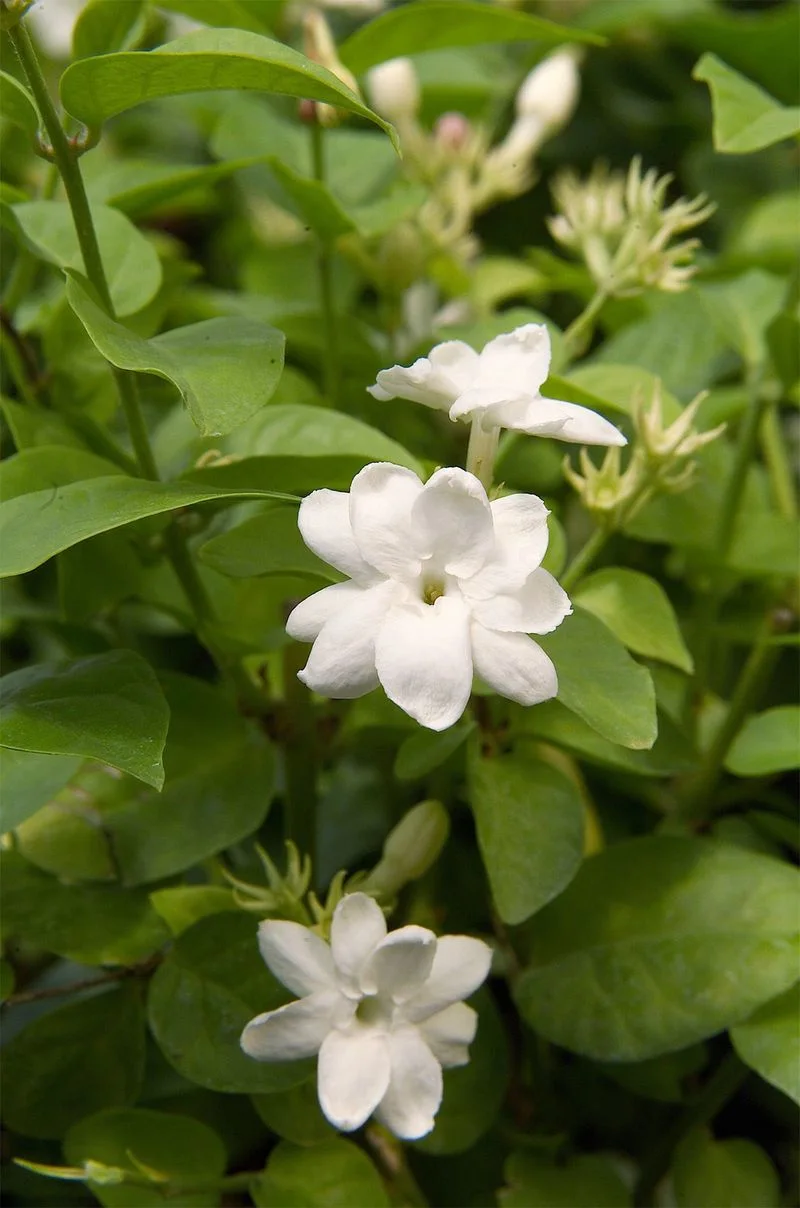
Jasmine offers an evening serenade with its intoxicating fragrance. As twilight descends, its star-shaped flowers begin to release a heady perfume that fills the garden. This plant is a sensory marvel, enchanting the nose and eyes with its elegance.
Jasmine’s delicate blossoms are a feast for the eyes, while its scent evokes feelings of romance and calm. It thrives in warm, sunny spots, climbing gracefully over trellises or arbors. With jasmine in your garden, every evening becomes a sensory delight, inviting relaxation and contemplation.
Thyme
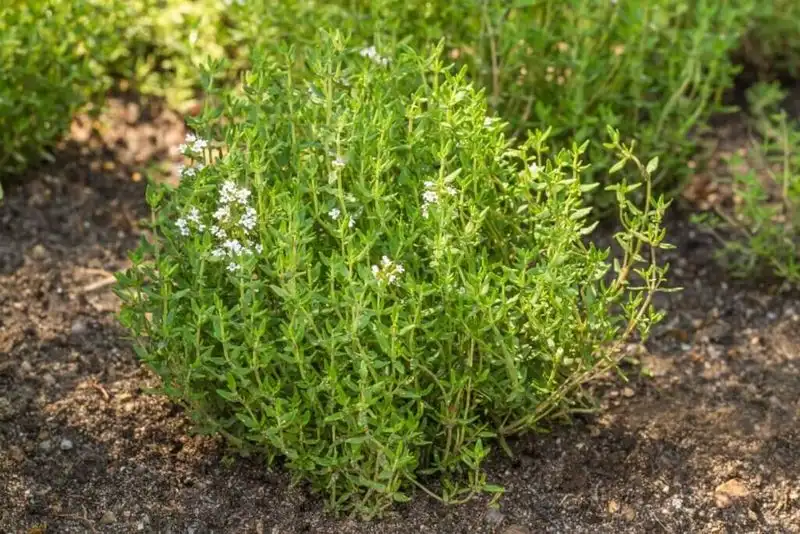
Thyme adds a subtle whisper of earthiness to the garden. Known for its culinary uses, thyme’s tiny leaves pack a punch of aroma and flavor. Crushed underfoot, it releases a warm, herbal scent that lingers in the air.
Its small, rugged leaves offer a unique texture that’s both resilient and charming. Thyme thrives in sunny, well-drained areas, making it a practical choice for garden borders or rockeries. Its understated presence complements more vibrant plants, offering a harmonious balance that enriches the garden’s sensory appeal.
Gardenia
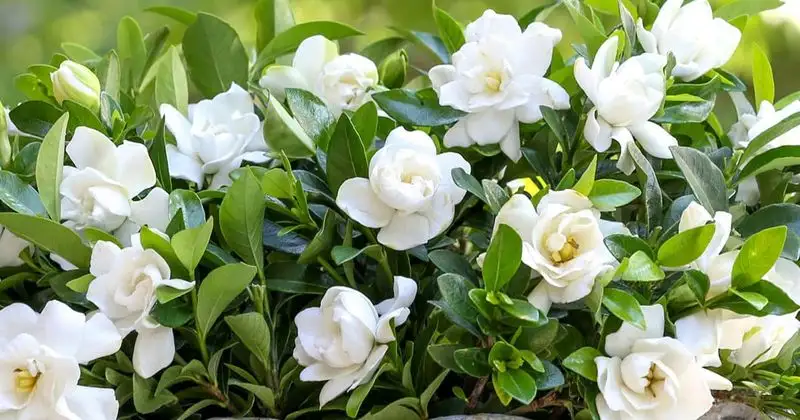
Gardenia captivates with its opulent blooms and sweet fragrance. Large, creamy petals unfold in a show of floral beauty, while its scent envelops the garden in a luxurious, almost dreamlike quality.
The thick, glossy leaves provide a lush backdrop to its fragrant flowers. Gardenia does well in warm climates, preferring partial shade and well-drained soil. This plant’s elegance and aroma create a sense of opulence, transforming any garden space into a sensory sanctuary. With gardenia, your garden becomes a fragrant haven that delights the senses every June.
Basil
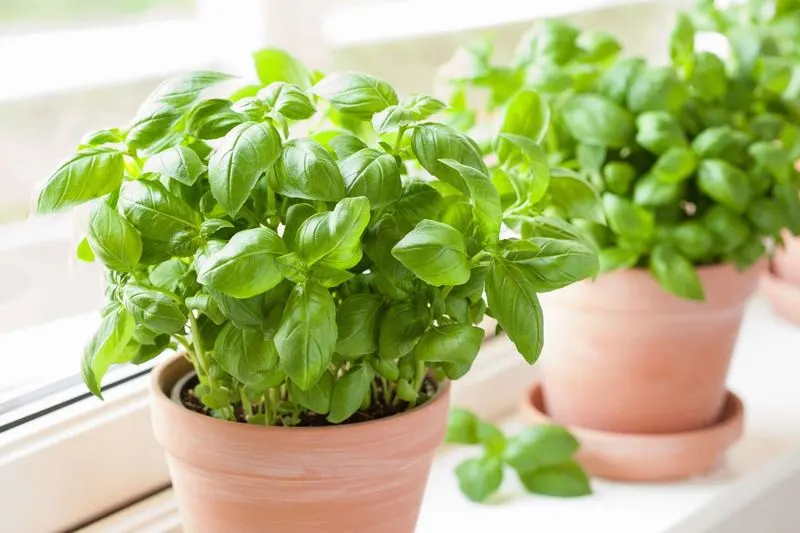
Basil offers a delightful burst of freshness. Its leaves, vibrant and aromatic, are a cornerstone of culinary gardens. The scent of basil is both sweet and slightly peppery, invigorating the senses and inspiring culinary creativity.
The leaves are tender to the touch, exuding a rich fragrance when bruised. Basil thrives in sunlit areas, lending a bright touch to any garden. Its presence not only enhances sensory experiences but also enriches the garden’s tapestry with its lush greenery and aromatic allure.
Honeysuckle
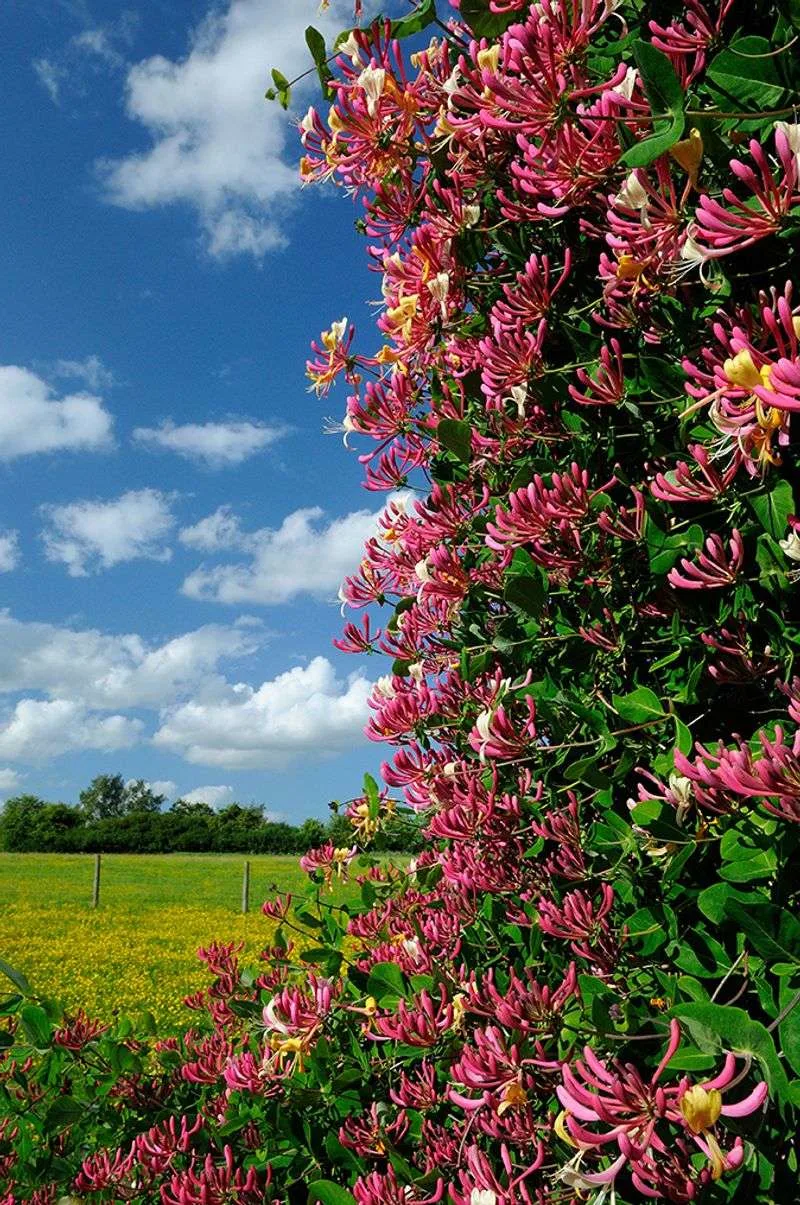
Honeysuckle, with its sweet nectar and vibrant blooms, is a sensory feast. The tubular flowers, often in shades of yellow and pink, offer a visual delight, while their scent perfumes the air with a sweet, inviting aroma.
The vine’s twisting nature adds a dynamic element to garden structures, wrapping gracefully around fences and trellises. Honeysuckle thrives in sunny spots, providing a cheerful burst of color and fragrance. Its ability to attract pollinators like bees and butterflies adds to the garden’s lively atmosphere, making it a perfect choice for sensory enrichment.

